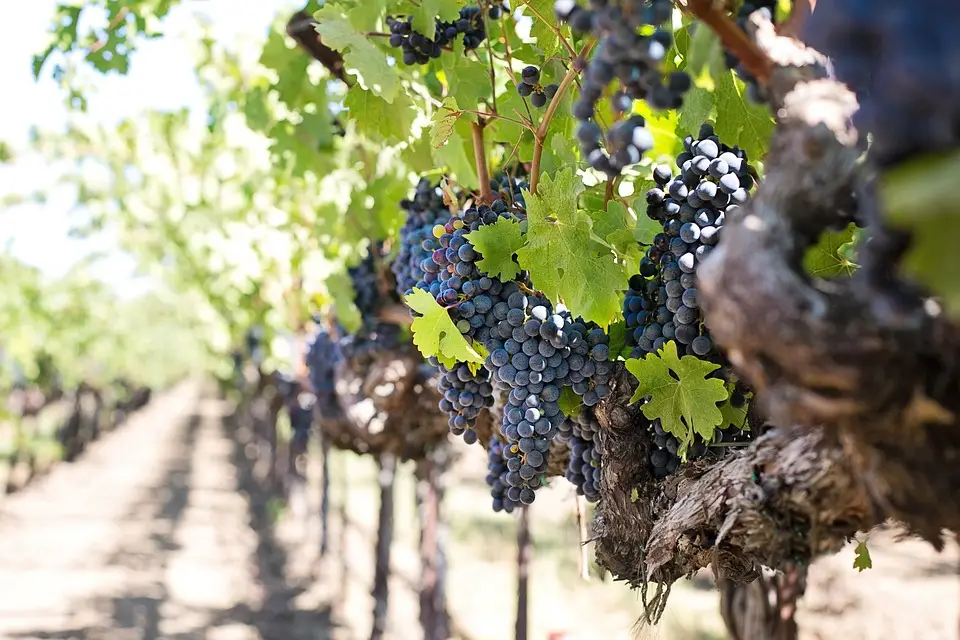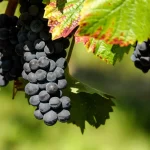As Poslovni Dnevnik/Marta Duic writes, although the wine world is often associated with terms such as family business and tradition, OH Wines winery has a completely different story, from the approach, the method of production, to the label and the name itself.
This is a winery in the municipality of Vizinada, in an ideal position between Mediterranean and continental Istria, and Sasa Bernobic produces wines according to the rules of the “German school”.
“OH Wines was created back in 2015 on the modern idea of a market accompanied by a different way of producing wine and olive oil, but also a different way of producting the very design itself. I wanted to stand out from a large group of markets by gathering practical and professional experiences from other parts of Europe and from across the rest of the world. So, I adapted my wine production to the German production model, my olive oil to that used by the Italians and the Spaniards, and the design to my own model where I simply reversed the mental circuit in people and did something unusual in design for the world of wine,” Ssas Bernobic explained.
Bernobic claims that the “German school” of white wine production is the strongest in the world and has no competition, and is based on the accuracy of the data and extremely high “purity” in numbers when we talk about microbiology.
Clean numbers
“It was this precision and accuracy that led me to create a new style of wine that is different from the competition, and with that same new style of wine I stimulated the imaginations of some of the greatest wine lovers. Germany has extremely difficult conditions for wine production, and yet they manage to keep up with the world’s largest wines easily.
They succeeded because by choosing the exact date of harvest and treatments in the cellars, they managed to create the perfect wine in a very harsh climate. As far as olive oil is concerned, we’re still learning here, we’re in constant contact with Italian and Spanish scientists who have introduced me to new methods and styles in production,” revealed Sasa Bernobic.
Back during the 2020 harvest, they launched the first Croatian branded olive oil produced with a different technique. It’s a process which involves technological processing and is called denocciolato, in which the olive is pitted to achieve a higher nutritional value and a fuller taste of the oil. Production is much more expensive, and the amount of the final product is much smaller. The whole process was done in Italy..
“When you’re first getting into some things, it gives you a huge market advantage and the market loves you. That was exactly my goal – to create something new and different. What made me especially happy was that this oil was sold out in advance, mostly going off to the kitchens of private customers, and partly to Michelin restaurants in Austria and Germany,” stated Sasa Bernobic.
They currently have five hectares of vineyards and 1.5 hectares of olive groves, and offer five wine labels and a limited series of sparkling wine produced by 200 bottles a year of Teran. The winery also has a tasting room, and although about 80 percent of their sales are based on the German and Austrian markets, they’re slowly moving towards a goal in which both local Croatian sales and foreign exports are half and half.
An imaginatively created name…
The OH Wines brand name is based on three segments – it boasts the name of the Ohnici microlocality where vineyards and olive groves are located, OH is a carboxyl group of ethanol in the logo of each wine that signifies a modern approach, and the third part refers to the reaction they want to provoke – that OH experience when one tries the taste of something of high quality.
“Our customers are mostly tourists who spend their summers in Istria, and lately we’re also becoming more and more interesting to local wine lovers, mostly people from Zagreb. We work with a very small number of restaurants, but hopefully there will be more interest from them in the future. This year we applied for a wine envelope with which we want to completely modernise the cellar and speed up the process of harvesting and processing grapes, and the conversion of vineyards and the renewal of agricultural machinery is also in the works,” concluded Sasa Bernobic.
For more, follow Made in Croatia.









